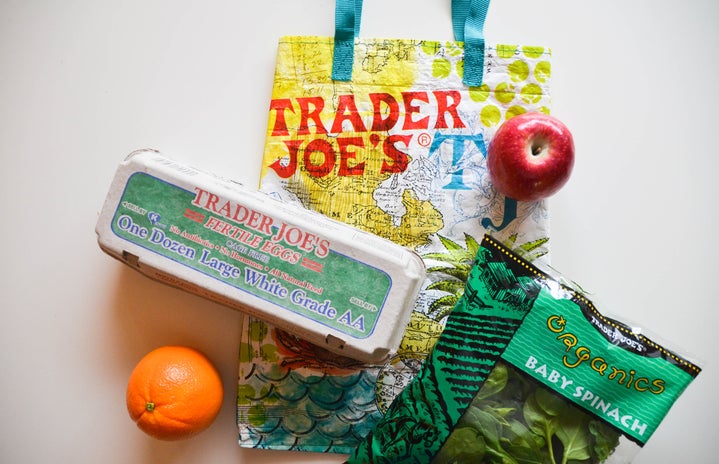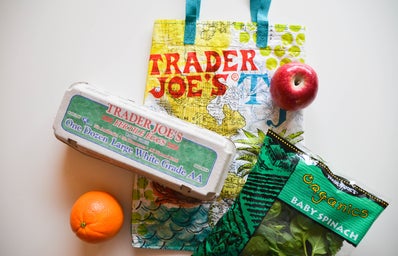One of the biggest trends around lately has been sustainability. Yes, steel straws and reusable grocery bags are amazing, but have you ever thought of actively trying to reduce your carbon footprint in the world? Many people have adapted to that lifestyle and they call themselves Zero Waste. It’s way easier to get into this movement by learning the basics and understanding the importance of it all, so that’s the point of this article.
- What is Zero Waste?
-
It’s not only about eating clean and trying to reduce the amount of plastic you consume. It’s also about a minimalistic and mindful approach to living in general. A life based on experience instead of things. It’s about changing our perspective on consumption.
- How to start living it
-
The key to this is to start small and keep moving forward. For that reason, here’s a collection of actions you can slowly implement in your day to day that will get you closer to that lower footprint.
Step 1: Think about everything you bring into your home and your life. The first step to Zero Waste is being mindful of what you need and don’t need. At a certain point, these decisions will become automatic and you won’t have to think as much. For example, if you are offered any kind of flyers, plastic bags, a business card, a straw at a restaurant, try to visualize if any of it will be necessary to you or if it will end up being thrown in the trash, and then make a decision.
Step 2: Try to eat as clean as you can. Usually, processed foods come wrapped in more packaging and therefore, will produce more waste. Natural foods can be found without any extra packaging, and while you’re at the grocery store, don’t forget your reusable bags or mason jars to store products.
Step 3: Using less of things is also very effective. Reduce the amount of soap, dishwasher, shampoo, toothpaste and other products of the sort which usually come in bottles or dispensers. You can also find alternatives, like bar soaps and shampoos which come in tin boxes and can be refilled. For utensils like toothbrushes, try going bamboo instead of plastic.
Step 5: Do what everyone else is doing! Carry around reusable water bottles, metal utensils and steel or acrylic straws everywhere! That way you won’t be caught by surprise and won’t have to resort to using disposable ones.
Final Step: Last but not least, don’t forget about the 5Rs of waste management!
Refuse what you don’t need
Reduce what you do need
Reuse by using what you have
Recycle what you can
Rot what is left
——————————————————–
This article was edited by Amanda Oestreich.
Like this type of content? Visit Her Campus Casper Libero home page for more!



